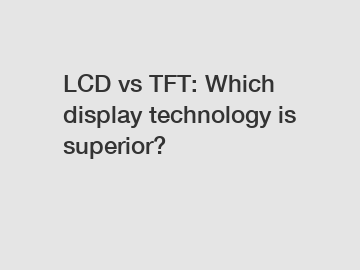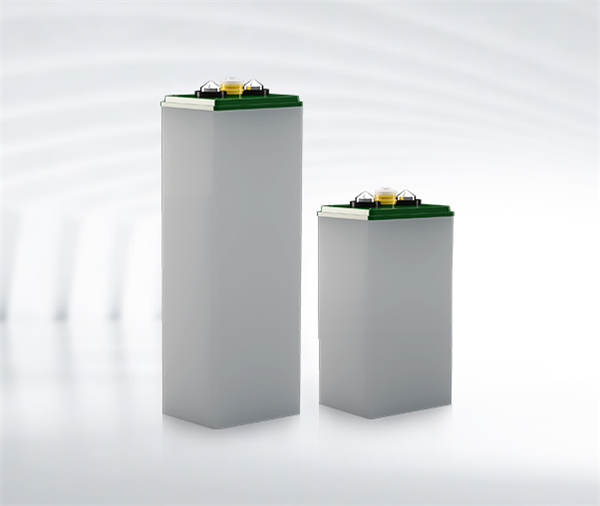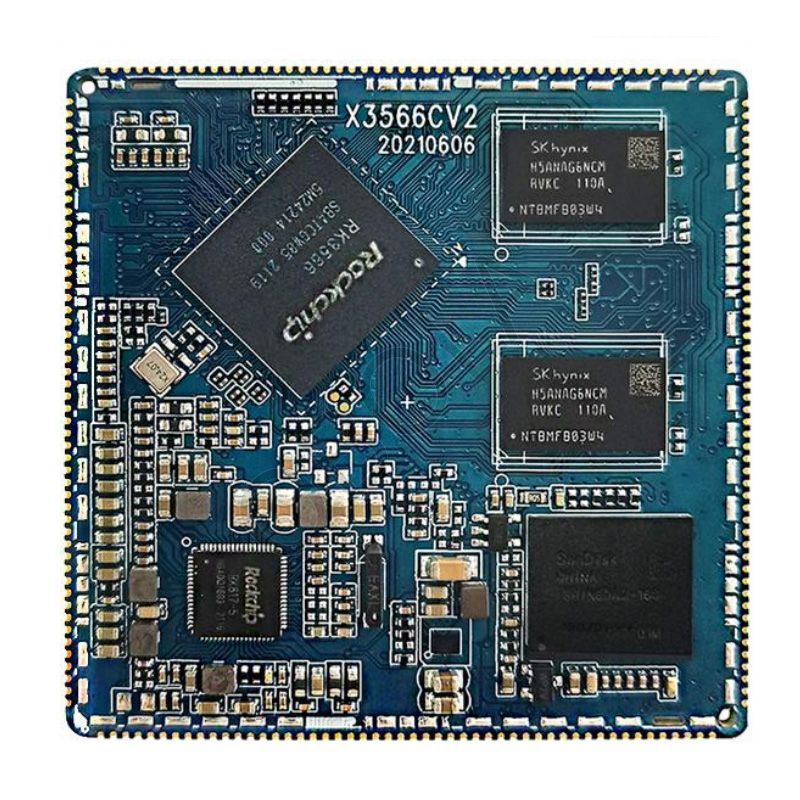Which is better LCD or OLED?
Goto Highlystar to know more.
Highlystar contains other products and information you need, so please check it out.
Which is better, LCD or OLED?

In the world of display technologies, two contenders stand out: Liquid Crystal Display (LCD) and Organic Light-Emitting Diode (OLED). Both have their merits, but when it comes to choosing the best, it ultimately boils down to personal preference and specific requirements. Let's delve into the characteristics, benefits, drawbacks, and applications of LCD and OLED to help you make an informed decision.
1. Display Quality:
LCDs use a backlight system to illuminate the pixels, whereas OLEDs emit light individually. As a result, OLEDs offer deeper blacks, higher contrast ratios, and superior color accuracy compared to LCDs. The ability of each pixel to emit light independently provides OLEDs with richer and more vibrant images, making them a popular choice for televisions and smartphones designed for media consumption.
2. Power Efficiency:
OLEDs are power efficient as each pixel emits its light and can be turned off completely to achieve true blacks. On the other hand, LCDs rely on the backlight system, which consumes more power as it remains constantly illuminated, even when displaying darker content. However, recent advancements in LCD technology such as mini-LED and quantum dots have improved power efficiency, making LCDs more competitive in this regard.
3. Lifespan:
One consideration is the longevity of the display technology. OLEDs are vulnerable to burn-in, where static images can leave a permanent mark on the screen. This can occur if a fixed image remains displayed for an extended period, causing uneven degradation of pixels. LCDs, being backlit, do not suffer from burn-in issues. However, both technologies have made strides in addressing these concerns, with OLEDs implementing pixel shifting and LCDs integrating advanced backlight algorithms to mitigate burn-in and extend the lifespan of their displays.
4. Viewing Angles:
LCDs typically have narrower viewing angles, meaning that the image quality and color accuracy diminish when viewing the screen from an angle. OLEDs, on the other hand, offer superior viewing angles, ensuring consistent image quality regardless of the viewer's position. This makes OLED displays a preferred choice for larger displays and applications where multiple people may be viewing the screen simultaneously.
5. Price:
Cost is a crucial factor when considering display technologies. Historically, OLED displays have been more expensive to manufacture, resulting in higher product prices. However, with advancements in production techniques and economies of scale, the price difference between the two technologies is diminishing. LCDs still tend to be more budget-friendly, making them a popular choice for mid-range televisions and monitors.
6. Applications:
Each technology finds its niche in different applications. LCDs are commonly used in computer monitors, laptops, and budget-friendly televisions, offering a balance between price and performance. Their ability to achieve high brightness makes them ideal for environments with high ambient light. OLEDs, with their contrast ratios and color accuracy, are popular in high-end smartphones, televisions, and premium monitors, where image quality is paramount.
In conclusion, the question of which is better, LCD or OLED, doesn't have a definitive answer. Both technologies have their strengths and weaknesses, and the choice depends on individual preferences, budget, use-case requirements, and the quality of experience desired. OLEDs excel in vibrant colors, deep blacks, and superior viewing angles, but they come at a premium price and pose concerns about burn-in. LCDs, on the other hand, offer competitive performance, increased power efficiency in modern iterations, and a more budget-friendly price point. Ultimately, it is crucial to consider the intended usage scenario and prioritize the aspects that matter most to make an informed and suitable decision.
For more information, please visit lcd display manufacturer, custom display LCD.
Related Articles









Comments